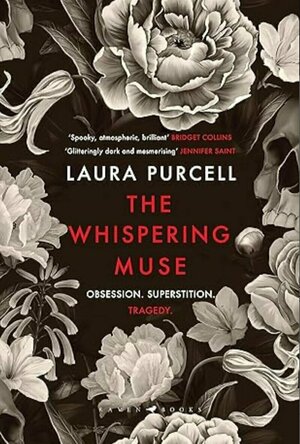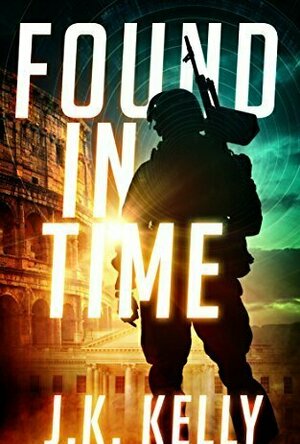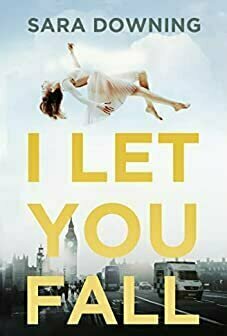
I Let You Fall
Book
On a summer night in London, art teacher Eve Chapman finds herself in a hospital emergency room. She...
Contemporary Romance Women's Fiction
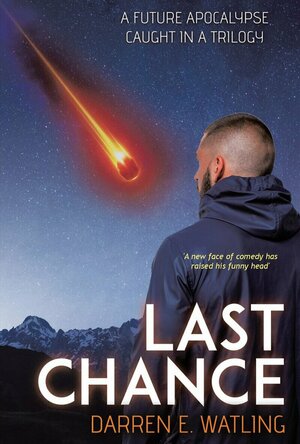
Last Chance: A Future Apocalypse Caught in a Trilogy
Book
The earth's epilogue was a forgone conclusion. Our World selects seven of the best human beings...
Post-Apocalyptic Science Fiction
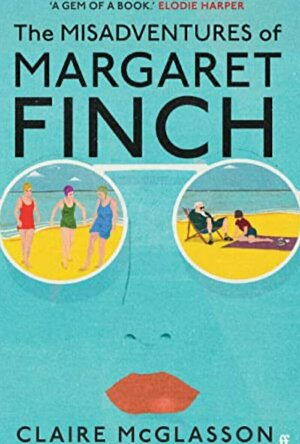
The Misadventures of Margaret Finch
Book
Blackpool, 1938. Miss Margaret Finch - a rather demure young woman - has just begun work in a...
Historical fiction Blackpool The Mass Observation Project
ClareR (6074 KP) rated The Whispering Muse in Books
Apr 15, 2024
Jenny is persuaded to work in the Mercury Theatre as a dresser to the leading lady - and to spy on her for the owners wife. Jenny has little choice but to do as she’s asked, and initially she just gets on with it. But soon she begins to actually like the woman she’s supposed to be spying on, which leaves her in a bit of a tricky predicament.
This was a really atmospheric, gloomy and unnerving read. If I’d been able to see the setting, I would have seen shadows in every corner. My skin was crawling just reading about it!
Laura Purcell has become an insta-buy author for me - historical fiction with a touch of threatening, unexplainable atmosphere would appear to be right up my street!
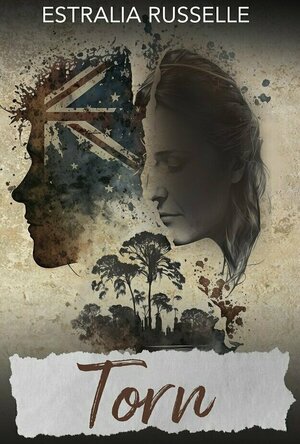
Torn
Book
Heartbreak. New Opportunities. A Woman Finds Unexpected Romance. After a brokenhearted farewell...
romance women's fiction
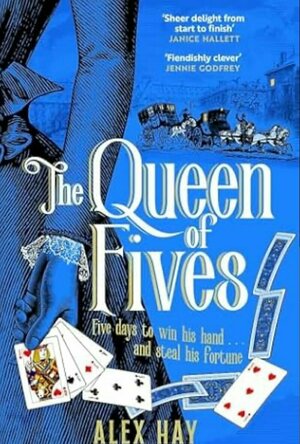
The Queen of Fives
Book
They whisper her name in every corner of town. The lady with a hundred faces, a thousand lives. ...
Historical fiction
Lindsay (1796 KP) rated Found In Time in Books
Sep 13, 2019
What would you do if you had this technology and you wanted to keep your country safe? You get to meet some historial figures, and talk to them. How would you feel if you got stuck in a time you were not use to and had to say their and adapt?
If our enemy had found out about this technology what do you think would have happened if it could change the past or our future as we know it. This book put us in the fight to save an American President that his being attacked on American soil? What will this special team of 6 men and woman be able to depend the nation and President?
The plot is done well once you get to the adventures plus the action. It really is a thriller and science fiction with a historical fiction twist to it. Their is some violence in the book and some bad words said. The team is put in spots. There seem to be a mole or two in here. Find out by reading and how it ends. What would you do if you could travel back in time?

Westobou Gold
Book
The Indian Queen would risk torture and worse to keep her secrets from these barbarians in suits of...
Mystery Historical Historical Fiction Thriller Mystery Thriller Fiction
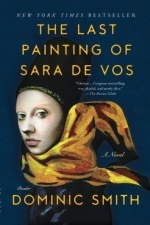
The Last Painting of Sara de Vos
Book
Amsterdam, 1631: Sara de Vos becomes the first woman to be admitted as a master painter to the...
Literary fiction historical fiction
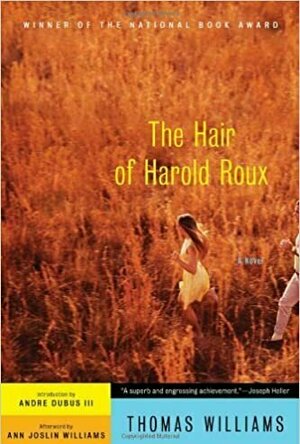
The Hair of Harold Roux
Book
In 1975 the National Book Award Fiction Prize was awarded to two writers: Robert Stone and Thomas...
